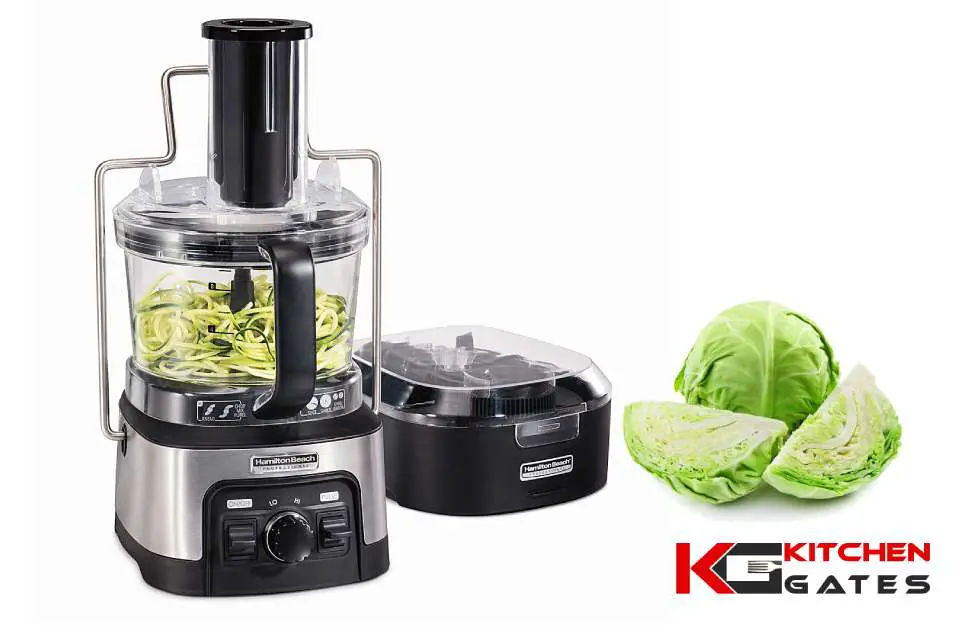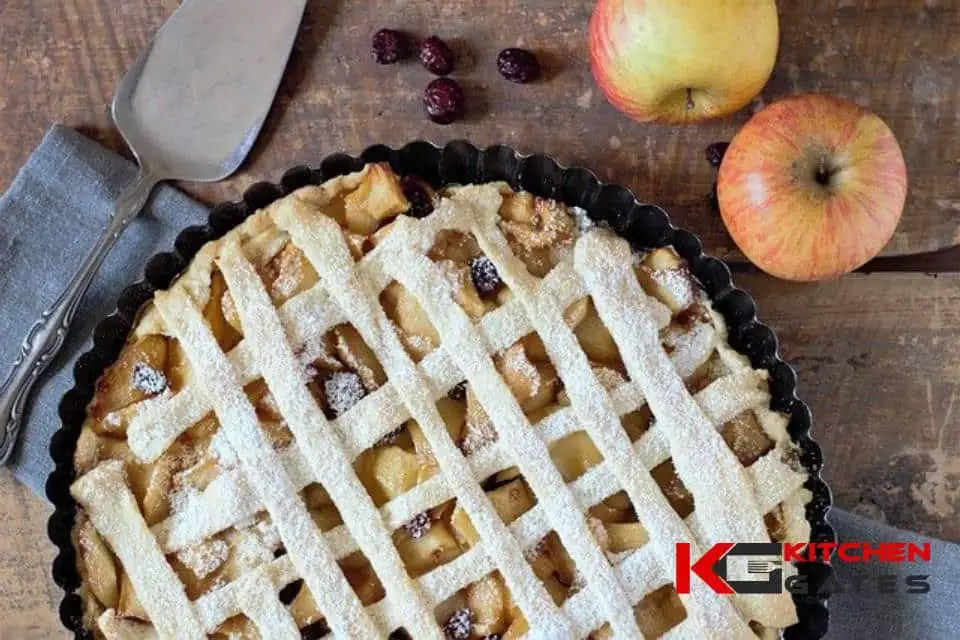Cooking spaghetti is not difficult to make, but if you don’t know how long it takes to cook, you may end up with a very disappointing meal. Here is what we found after researching this concern for you.
It depends on the type of pasta, but a general guideline is to cook dried spaghetti for about 8 to 13 minutes and fresh spaghetti for about 1 to 3 minutes.
It is also important to know that certain types of noodles cook quicker than others. For instance, Tagliatelle is usually cooked for 7 to 10 minutes, while fettuccine can take up to 12 minutes.
You should cook spaghetti according to the instructions on the box, regardless of whether it is frozen or fresh. Make sure to cook the spaghetti until it is completely cooked. Therefore, keep a kitchen timer nearby so you don’t lose track of time.

Click here to find it on Amazon.
To achieve the best results, boil water a few minutes before the instruction time.

Check out a Quick Video on How to Cook Spaghetti
How Long You Should Boil Spaghetti?
You’d need about 8-13 minutes to cook pasta. However, it isn’t an absolute fact, Because it will depend on the type of pasta you’re using.
How to Boil Spaghetti Without Sticking?
Here’s how to boil spaghetti without it sticking to itself. This is a great technique to have in your kitchen toolbox, especially when you’re making a big pot of pasta to share with friends and family.
Steps to follow:
First Step: Bring a large pot of salted water to a rolling boil.
Second Step: Add one tablespoon of olive oil to the boiling water.
Third Step: When the water begins to boil, add the spaghetti, stirring frequently to prevent sticking.
Fourth Step: When the spaghetti has cooked al dente, drain it in a colander.
Fifth Step: Use a slotted spoon to transfer the spaghetti to a serving dish.
Finally: Serve it to your family and friends.
How Do You Know When Spaghetti Is Done?

If you’re not sure whether your pasta is done or not, use the toothpick test. Take the pasta out of the water and gently insert a toothpick into the center of the spaghetti. If the spaghetti is cooked, it should be flexible and al dente.
The Correct Way to Strain Pasta
Use a colander instead of a strainer when cooking pasta to remove excess liquid before eating. This type of strainer has holes that allow air and moisture to flow out of the pasta while allowing the pasta to drain.

Click here to find it on Amazon.
How Long to Cook Fresh Pasta
Fresh spaghetti will cook more quickly than dried pasta. It takes about 1 to 3 minutes for fresh pasta to cook. If you are using a timer, check the noodles every 30 seconds to see if they are done.
How Long Is Spaghetti Good for in the Fridge?
You have always had spaghetti in your fridge but you don’t know how long it should be good for. It’s probably safe to say that most of us keep this food for a few days. But how long is long enough?
The short answer: You can store cooked pasta in the refrigerator for 2 to 3 days, but longer than that, it begins to lose its freshness.
Frequently Asked Questions:
Should You Rinse Pasta After Cooking?

Rinsing pasta after cooking is unnecessary. The starch coating on the surface of the pasta helps to maintain the texture of the pasta, so rinsing is not recommended. If you rinse the pasta before cooking, the starch coating will be removed.
Is It Safe to Eat Spaghetti That Is Still Warm?
It is always a good idea to eat food that is still warm. If you eat warm pasta, you will feel better than if you eat cold pasta. Many people like the taste of cold pasta. But it’s better to eat warm pasta because it is more enjoyable. It is safe to eat spaghetti that is still warm. However, you should not eat hot pasta. If it is too hot, you may burn your mouth. In order to avoid this problem, you should only eat hot food that is just a little bit too hot. You can also eat cold food, but you should take extra care.
What Happens If I Overcook Spaghetti?
Spaghetti is one of the most popular dishes on the menu. It is easy to make and tastes delicious. The only problem with spaghetti is that it can burn easily. If you follow the cooking time on the package, you will be safe. However, if you overcook it, you will end up with a burnt flavor in your food.
What Should I Do If the Spaghetti Gets Stuck in the Pot?
When you heat up the pasta, you should watch it carefully. Do not leave it in the pot for too long or it will be overcooked. If you have left it in the hot water for too long, it can start to stick to the bottom of the pan. It’s important to stir the pot regularly. This will ensure that the sauce is mixed in evenly. When you are stirring, you should scrape the bottom of the pan to get rid of the burned bits. Be careful not to cut your fingers when you stir the pot. You should wear an apron when you are doing this.
Can You Cook Spaghetti Without Boiling?

Yes, you can cook spaghetti without boiling it. However, you will find that the pasta will lose some of its al dente texture, as well as the characteristic flavor that comes from being boiled. You should boil your pasta before eating it. If you don’t, the noodles will probably stick together.
How Many Cups of Water Does It Take to Make 1 Cup of Pasta?
The volume of water needed to make a cup of pasta varies, based on the brand and type of pasta. Some pastas require less water than others. A general rule of thumb is 1/2 cup of water per pound of pasta.
How Long Does It Take for Spaghetti Squash to Cook?
You can expect spaghetti squash to take anywhere from 25-45 minutes to cook, depending on how big the squash is. You’ll know it is done when you pierce the squash with a fork and the flesh is tender.
Conclusion
In this article, We discussed how long you can cook spaghetti and covered all the frequently asked questions. We hope this blog post helps you to know everything about cooking spaghetti.




